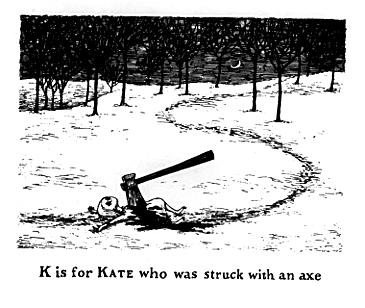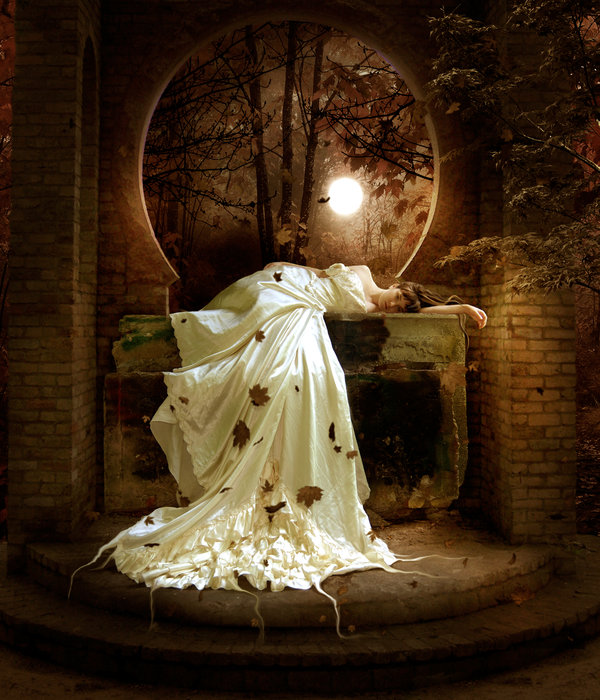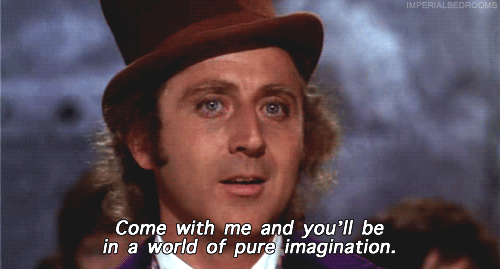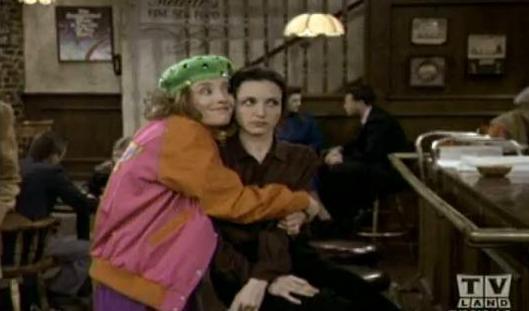“Stories of imagination tend to upset those without one.” ― Terry Pratchett.
People tend to be very dismissive towards things they don’t understand. And one thing that many people don’t understand is fantasy. They don’t try to conceal this ignorance, either; whenever somebody attempts to explain why they think fantasy is an inferior genre, all they’re ever really doing is celebrating their own ignorance. They’ll say stuff like: “I prefer reading about stuff that could actually hapen”, or “I don’t get it, therefore it must be bad.” (These aren’t actual quotes. I’m just paraphrasing.) Basically, they feel the need to belittle something because their lack of imagination means that they’ll never fully understand it. (Please don’t think I’m criticising everyone who doesn’t like fantasy, by the way. The ones I’m talking about here are just the people who look down on it. That’s just rude.) I’ve heard people say some very impolite things about fantasy and sci-fi. I even once had a teacher who claimed that science fiction wasn’t proper literature! The problem is that many people have a very superficial understanding of what fantasy actually is. (Which explains why some actually manage to confuse fantasy and science fiction- two similar, and often overlapping, but seperate genres.) The rest of this post is basically just my attempt to explain how broad and rich fantasy is, and why it’s wrong to act snobby about it. Hopefully, I won’t end up ranting too much, because I do make an effort to avoid that here.
![]()
Fantasy is an incredibly broad genre. Basically, it’s any work of fiction that contains some sort of fantastical element. This element can be a very tiny, subtle one, or it can be more noticeable, and the main focus of the story. Sadly, the popular image of fantasy is of an epic adventure set in a sword-and-sorcery world. Sword-and-sorcery stories are excellent, of course, but it is kind of disappointing that there’s such a limited understanding of what fantasy is. After all, fantasy has such scope, and can extend to so many different types of story, with so much potential for unique and creative ideas, that it’s a little bit disappointing to see it viewed as a brand, or as a niche thing. There are even literary movements, such as the New Weird and Bizarro, that stay away from those tropes, in order to avoid just that.
![]()
![]()
And what’s really horrible is that many people don’t even have a very good understanding of what sword-and-sorcery stuff is like. The stick up their noses at it, because they see it as mere escapism, or as childish in some way. Well, first of all, what’s so bad about escapism? Isn’t that one of the main purposes of art anyway? Isn’t looking at a beautiful painting a form of escapism too? Just because the story is not real doesn’t mean it’s not valid. And secondly, have any of these silly fellows actually read what they’re criticising so harshly? Many such fantasy stories contain strong characters, mature themes, detailed plots, great writing, and and an often-underrated thing known as imagination. Yes, there are many Tolkien rip-offs out there, but you get unoriginal stuff in every genre. The bad things just tend to be more noticeable.
![]()
And of course, what do these snobs do when they come across some fantasy fiction that they actually like? They insist that it isn’t fantasy, and instead use terms such as magic realism. This is especially annoying, since magic realism isn’t a seperate genre from fantasy, it’s a subgenre of fantasy. It’s very different from sword-and-sorcery, but it still contains fantastical elements. So, deciding that they’re totally different things is incredibly hypocritical. In fact, these literary snobs can be extremely hypocritical when it comes to fantasy. They’ll applaud Surrealism or Absurdism, for instance, despite the fact that those are clearly fantasy too. But God forbid they admit to enjoying something that’s actually good.
![]()
![]()
The problem is that imagination is often seen as immature, something for children that’s meant to eventually be grown out of. But isn’t that sort of attitude what’s really childish? After all, we need imagination for so many things. Einstein even said that imagination is more important than knowledge. Is it really necessary to act bitter towards the unknown just because it scares you?
![]()
The works of Haruki Murakami are as much fantasy as Tolkien’s are. Some fantasy is action-packed and dramatic, some is subtle and slow-paced, some is subversive and strange. We all have our own preferences (I like the subtle and strange best, but the others are groovy too), but we shouldn’t allow those to restrict us, or decide that one is better than the other. As long as the creator is sincere and true to their art, isn’t that all that matters? There’s no need to rely on lazy stereotypes, or to be mean about something you cannot appreciate yourself.
Sorry for my rant, and thank you for your time.
![]()
![]()










































































